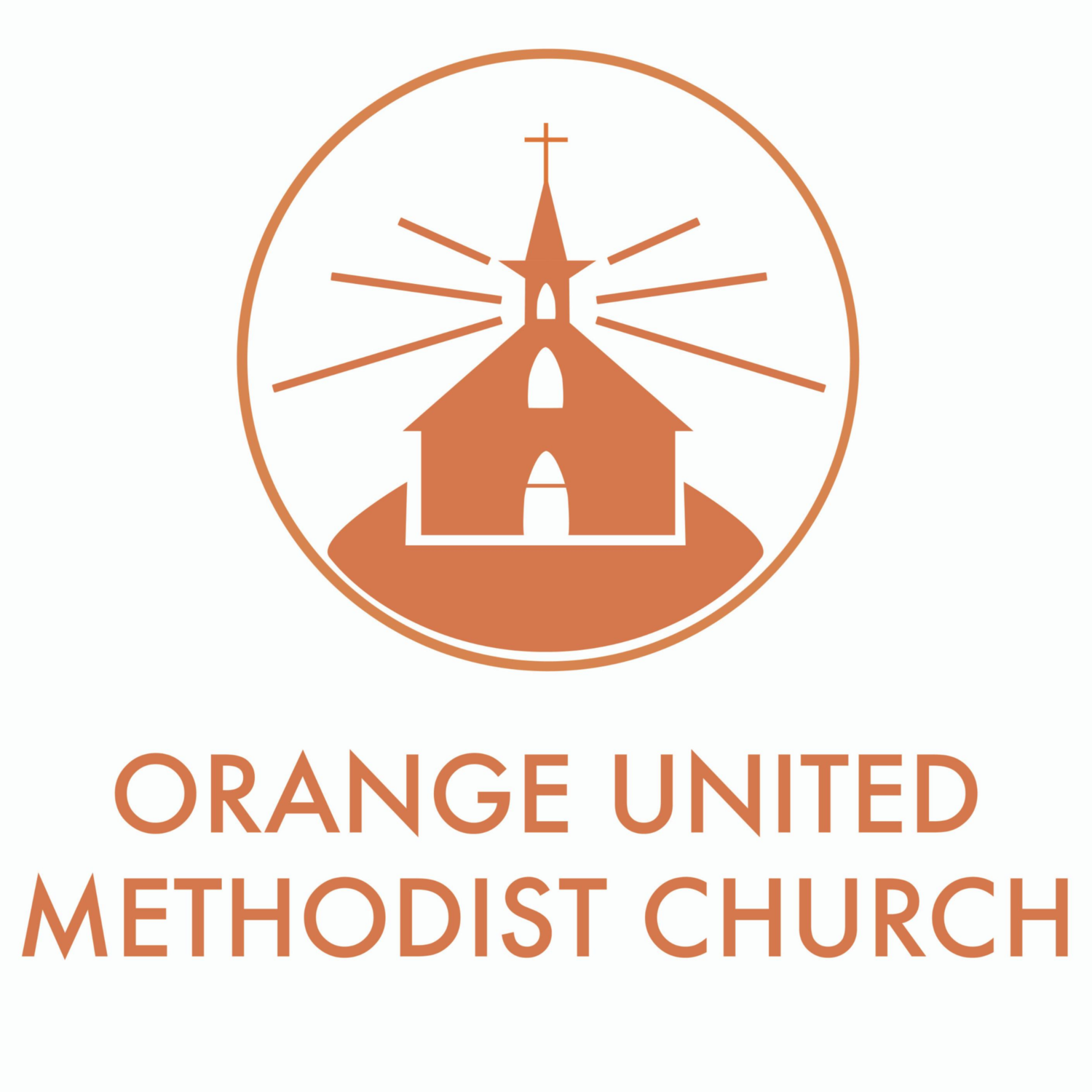April 11th, 2025 - “Conversion: Joseph of Arimathea and Nicodemus”
“The Lord is not slow in regard to the promise, as some count slowness, but is long-suffering to us, not intending any to be lost, but all to come to repentance and conversion” (2 Peter 3:9).
+++
I was baptized as a preschooler in 1961 on Easter Sunday at the First Methodist Church in Livingston, Tennessee. I was almost five years old. My parents had waited until my little brother was born to have us both baptized. My Southern Baptist mother had been immersed after conversion in a cold mountain stream in Eastern Kentucky several years earlier. The thought of sprinkling water on her boys created a dilemma. What should she do? She sought the advice of her beloved grandfather, a lifelong Baptist preacher, who wisely counseled, “Dawn, it can’t hurt, and it might help.”
I was baptized again by another Methodist pastor at age 13 following confirmation. Then at age 14 I had an “evangelical conversion” at a youth revival at our church. Students who experienced “The Great Awakening” at Asbury College in 1970 came to our church the following year. They convinced many of us that we needed to be “born again.” Eight years later, I surrendered my life anew to Christ when I heard his call to pursue full-time ministry and become a pastor, which was yet another conversion!
In the years subsequent to all of those conversions, I have seen many souls come to Christ in a variety of ways. I have also learned through my study of scripture that there is a uniqueness to each person’s journey of faith. Our stories may have common elements, but they’re not all the same. Conversion may be gentle and gradual or it may be sudden and dramatic (or even something in-between). The stories of two men, who weren’t among Jesus’ closest followers, are good examples.
Nicodemus and Joseph were both wealthy members of the Council. They both were undoubtedly aware of who Jesus claimed to be. Nicodemus came to Jesus at night perhaps to guarantee secrecy (John 3). Jesus’ teaching and miracles stirred the possibility of faith within Nicodemus—so much so that he defended Jesus’ right to a fair hearing (John 7:50-51). Then Joseph of Arimathea, a secret disciple of Jesus, asked Pontius Pilate to let him take the Lord’s body from the cross at Golgotha for a proper burial in Joseph’s own, newly hewn tomb (Mark 15:43-46, John 19:32-42, Matthew 27:57-60). Nicodemus was also “being converted” himself. He accompanied Joseph to the tomb bringing 100 pounds of precious spices to embalm Jesus’ body (John 19:39).
At this point, both men are marginalized believers—part of a group that persecuted Jesus and wanted him dead and not yet willing to “come out publicly as disciples. Yet neither is condemned as lackadaisical in their quest. Through the mystery of God’s Spirit, both are being “wooed” into a relationship with the Messiah just as we are. Methodists call this prevenient grace.
During Lent, I’ve been reading a collection of writings and sermons by Father Oscar Romero, who was martyred in El Salvador in 1980 while presiding at the Mass. Romero believed personal conversion was an ever-evolving movement toward God. He wrote:
“Conversion is something like making an about-face. In the military the terms ‘right face’ or ‘about face’ are used for turning troops to one side or the other. Conversion means turning toward God and becoming ever more directed toward God. Christ was talking about conversion when he said, ‘Be perfect, just as your Heavenly Father is perfect’ (Matthew 5:48). When will we be perfect like God? Christ’s purpose is to inspire a MOVEMENT WITHOUT LIMITS [emphasis mine], which is conversion. Conversion means asking at every moment: what does God want of my life? If God wants the opposite of what I might fancy, then doing what God wants is conversion, and following my own desire is perversion.”
I continue to experience conversion in my own life even in my late sixties. I expect it will continue until I die. I think it’s easy to draw lines between ourselves and the world—to doubt whether someone is truly Christian. We do well to remember that all persons have a place in God’s story even when it’s unclear what God is up to in their lives. Where do you need to be converted on the cusp of Holy Week? Who might you pray for, that in seeking God, those persons might move closer to being fully devoted followers of Jesus Christ?
Prayer: Change my heart, O God, make it ever new. Lead me forward in my devotion to Jesus as we walk with him through Holy Week. In the name of the Father, and of the Son, and of the Holy Spirit. Amen.
—Greg Gallaher
The Burial of Christ (Nicodemus depicted on the left, Joseph of Arimathea on the right), Carl Heinrich Bloch (1834-1890), Danish painter known for an extensive collection of paintings on the life of Christ.

